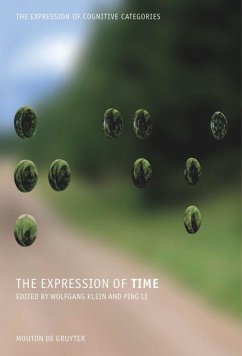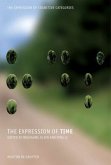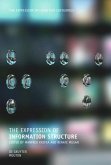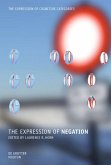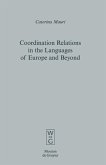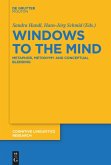Time is the most fundamental category of human cognition and action, and all human languages have developed many devices to express it. These include verbal categories, such as tense and aspect, but also adverbials, particles, and principles of discourse organisation. This book is intended as a tutorial for the study of how time is expressed in natural languages. Its chapters take the reader through a number of foundational issues, such as the various notions of time and the various means to express it; other chapters are devoted to more specific questions, such as the acquisition of time, its modelling in formal semantics and in computational linguistics, or how its expression can be empirically investigated.
Bitte wählen Sie Ihr Anliegen aus.
Rechnungen
Retourenschein anfordern
Bestellstatus
Storno

